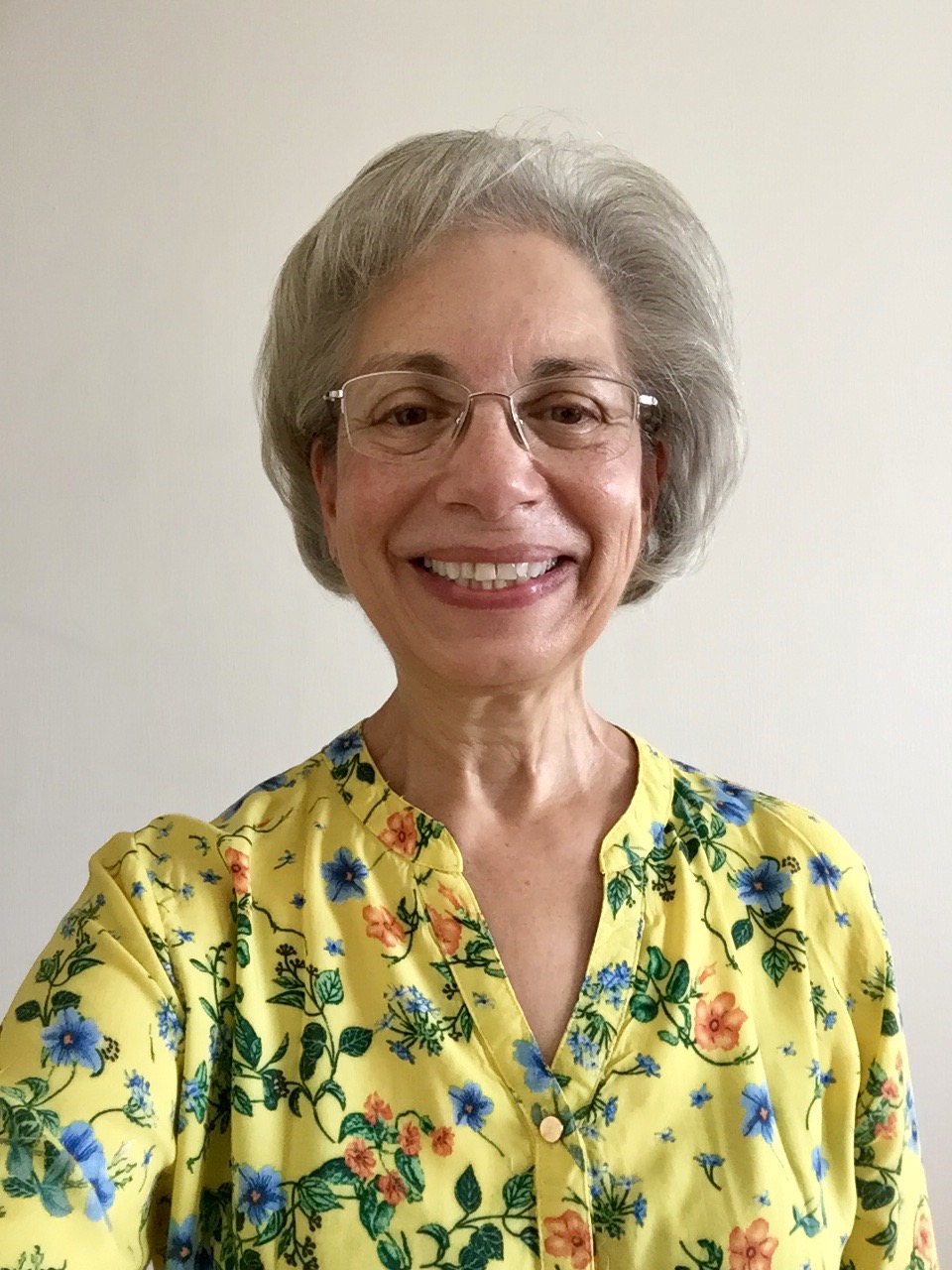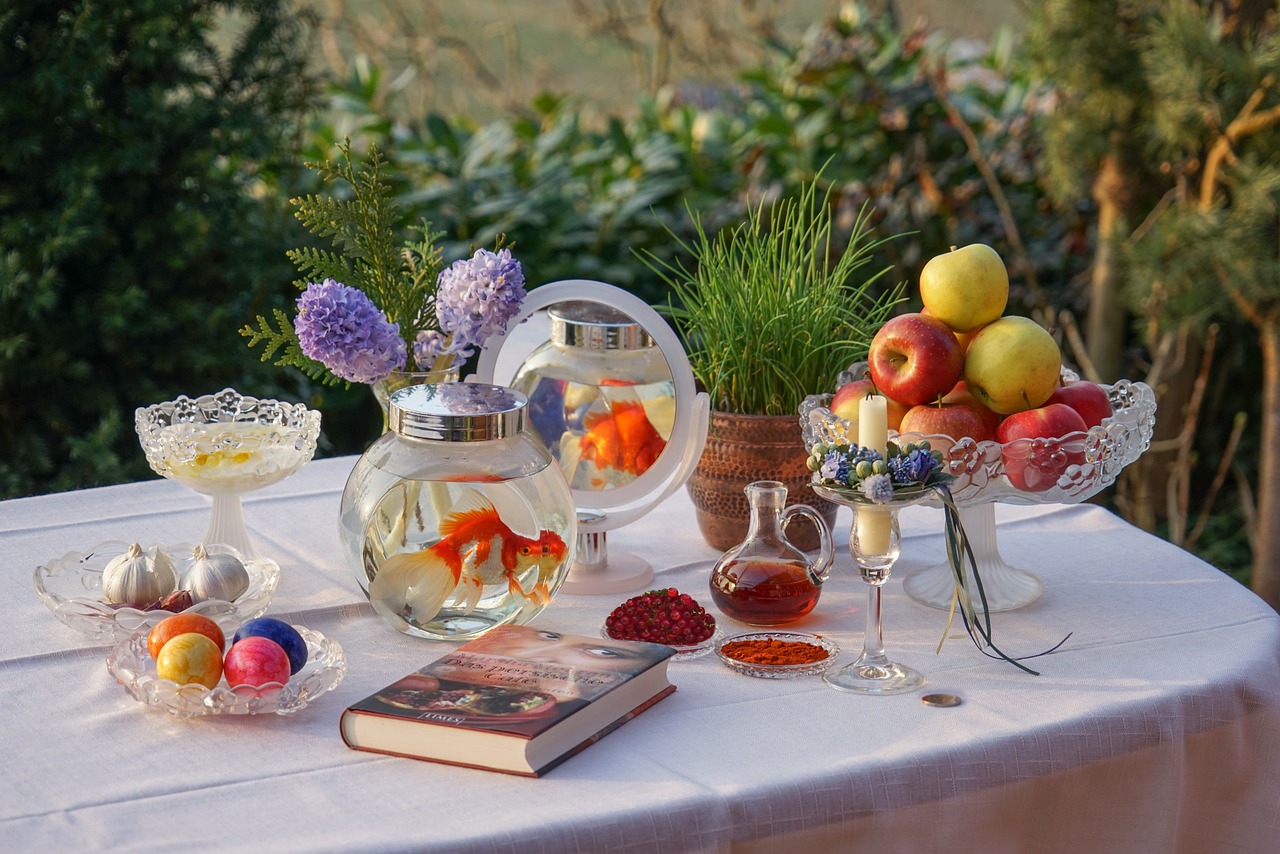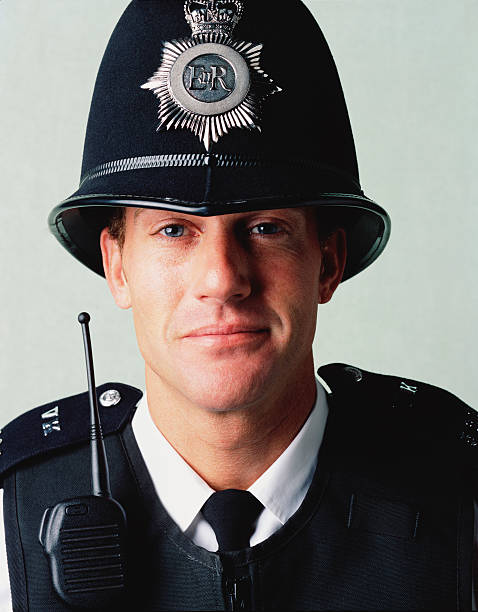The Caspian Sea is the world’s largest inland body of water. It lies between the Caucasus mountains and the steppes of Central Asia. Millions of years ago it was connected to the Black Sea but it is now a virtually enormous enclosed lake with saltwater, and sea tides. It borders Iran, Russia, Azerbaijan, Turkmenistan and Kazakhstan, but its temperate southern shores belong to Iran and its sandy beaches are a hugely popular holiday destination.
Summers are hot in Tehran. Families who can afford it often take a holiday on the shores of the Caspian Sea. This is universally known as going North (Farsi: Shomȃl). My father had relatives who rented a house on the beach there and we would often be invited to spend a week with them. I loved our summer holidays in Shomȃl. The journey by road from dusty Tehran to the Caspian coast takes several hours to negotiate hairpin bends through the massive Alborz mountain range. At the half-way mark we would stop in the hilltop village of Gach-Sar where the single teahouse supplied ice-cold doogh (a fizzy yoghurt drink) and refreshing slices of watermelon. Continuing our trek through the mountains thorny scrub and rocky outcrops give way to forested slopes, green tea plantations and lush rice paddies. Every few miles along the roadside barefoot lads would be hawking punnets of sour berries and roasted corn. Their echoing cries of tameshk! (blackberries) and balȃl! (corncob) would follow us on the wind as we sped past, and before too long we’d begin to pick up the salty tang of the sea.
The beach house was simple and mostly devoid of furniture, but our relatives would arrive with massive Persian carpets rolled onto their car roofs, and these would be spread out wall-to-wall over the stone floors. Everything took place on these beautiful carpets – where we sat cross-legged to eat around a sofreh (tablecloth), and where we also slept on cotton mattresses spread haphazardly on the floor. In the morning we children would run from the house straight down to the beach to swim and paddle in the warm shallow waters of the Caspian Sea. Sometimes, if we were lucky, a local fisherman might call selling tiny amounts of fresh caviar.
Beach holidays on the shores of the Caspian Sea were special, and their memory still lingers as a vestige of the golden time in the minds of all Iranians who were young in the final decade of the Shah’s reign. Now that we are mostly an ageing diaspora scattered across various continents, our conversations on social media are sometimes prefaced with: Do you remember that perfect summer in Shomȃl?







 Checking up on every immigrant’s status is clearly a huge task, but it was so much more labour intensive before the advent of computers and the internet. When I arrived in the UK from Iran on 5 August 1979, I was granted a three-year student nurse visa, registered as an Alien, and required to make annual contact with the Aliens’ Registration authorities. After we were married the following May. I moved to Glasgow and applied for British citizenship.Late one evening on 6 August 1980, James was out on-call at the hospital, and the doorbell of our tenement flat rang loudly. I wondered who it might be at this late hour, and opening the door I was shocked to be confronted by a police constable in full regalia standing on the stairs. I thought James had been run over by a bus, was lying unconscious in the road or bleeding to death on a hospital trolley. Why else would a policeman come to one’s door so late at night? Visions of impending widowhood rose before my eyes, and for a moment I thought I was going to faint in the doorway. The policeman took out a little black notebook, flipped over a few pages, and began:
Checking up on every immigrant’s status is clearly a huge task, but it was so much more labour intensive before the advent of computers and the internet. When I arrived in the UK from Iran on 5 August 1979, I was granted a three-year student nurse visa, registered as an Alien, and required to make annual contact with the Aliens’ Registration authorities. After we were married the following May. I moved to Glasgow and applied for British citizenship.Late one evening on 6 August 1980, James was out on-call at the hospital, and the doorbell of our tenement flat rang loudly. I wondered who it might be at this late hour, and opening the door I was shocked to be confronted by a police constable in full regalia standing on the stairs. I thought James had been run over by a bus, was lying unconscious in the road or bleeding to death on a hospital trolley. Why else would a policeman come to one’s door so late at night? Visions of impending widowhood rose before my eyes, and for a moment I thought I was going to faint in the doorway. The policeman took out a little black notebook, flipped over a few pages, and began: